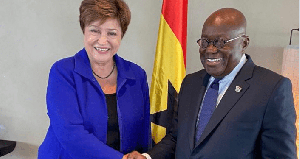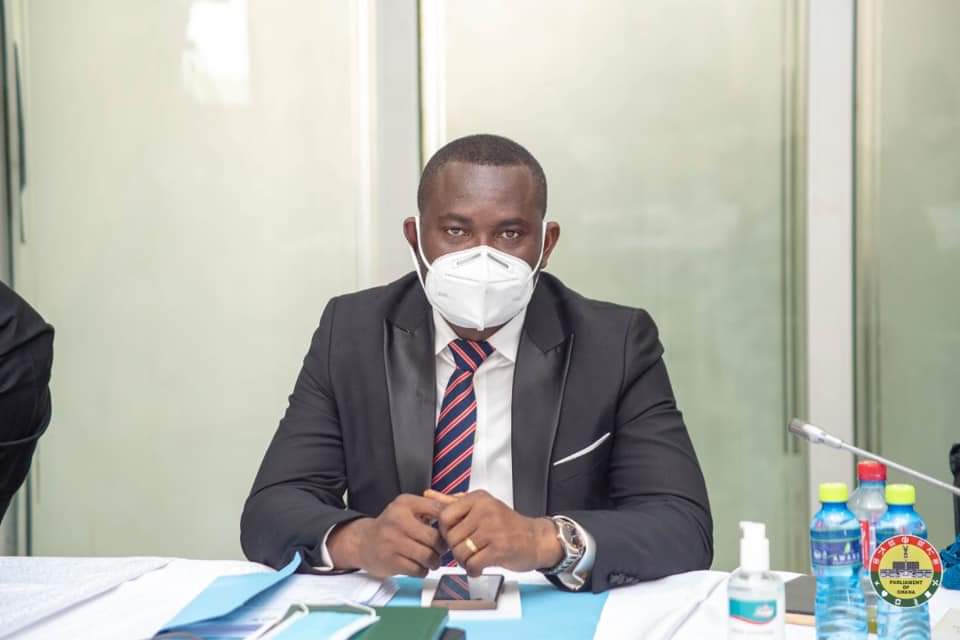What you need to know about Ghana’s ‘financial rescuer,’ the IMF

The Bretton Woods Institution, comprising the International Monetary Fund (IMF) and the World Bank, was established in 1944 after World War II to help rebuild affected countries.
The IMF aims to promote global economic stability, secure financial stability, facilitate international trade, promote high employment, support sustainable economic growth, and reduce poverty.
The IMF is known for providing loans to developing and underdeveloped countries facing financial crises, as well as offering technical assistance when necessary.
Ghana’s Relationship with the IMF
Since becoming a member of the Bretton Woods Institution in September 1957, Ghana has sought financial bailouts from the IMF more than 15 times.
The country has benefited from arrangements such as the Extended Credit Facility (ECF) and technical assistance in building a robust economy.
When the country was hit by the COVID-19 pandemic in 2020, many businesses suffered downturns, adversely impacting the local economy.
On July 1, 2022, the Akufo-Addo-led government announced its intention to seek a $3 billion financial bailout from the IMF to stabilize the struggling economy, control high inflation, and curb the depreciation of the cedi against major trading currencies such as the dollar, pound sterling, and euro.
After submitting its application, which was considered, an IMF team arrived in Ghana from July 6 to July 13, 2022, to engage with Ghanaian authorities on a possible economic support program.
A staff-level agreement between the Government of Ghana and the IMF was reached in December 2022.
On May 17, 2023, the IMF’s executive board approved Ghana’s $3 billion loan facility.
The first tranche of $600 million was received by the Bank of Ghana (BoG) on Friday, May 19, 2023.
In January 2024, the second tranche of $600 million was disbursed to Ghana as part of the three-year bailout program, a week after the nation reached a deal with bilateral creditors to restructure its debt.
In July 2024, the government received $360 million as the third tranche of Ghana’s bailout package with the IMF.
This came after Ghana achieved 98% participation and consent solicitation from Eurobond holders in restructuring the country’s external debt.
IMF Mission Chief for Ghana, Stéphane Roudet, stated that performance under the IMF-supported program has been generally satisfactory.
He praised Ghana’s progress in implementing economic reforms but emphasised the need for continued fiscal discipline and structural reforms to ensure sustainable economic growth.
The funds, intended for budget support and the stabilization of the local currency, were officially credited to the Central Bank’s account on Tuesday, July 2, 2024, following the Executive Board’s approval of the second review on June 28, 2024.
As of now, Ghana has received a total of $1.56 billion out of the $3 billion approved under the three-year Extended Credit Facility.
The IMF program aims to restore macroeconomic stability and safeguard debt sustainability, among other objectives.
The way forward for Ghana
As Ghana navigates its economic recovery under the three-year IMF Extended Credit Facility (ECF) program, the new John Mahama administration will have to adopt strategic measures to restore macroeconomic stability, enhance debt sustainability, and stimulate long-term growth.
Additionally, President John Dramani Mahama, prior to assuming office on January 7, 2025, has already hinted at plans to renegotiate the terms of Ghana’s 17th IMF deal to maximize the full benefits of the Extended Credit Facility (ECF) program.





